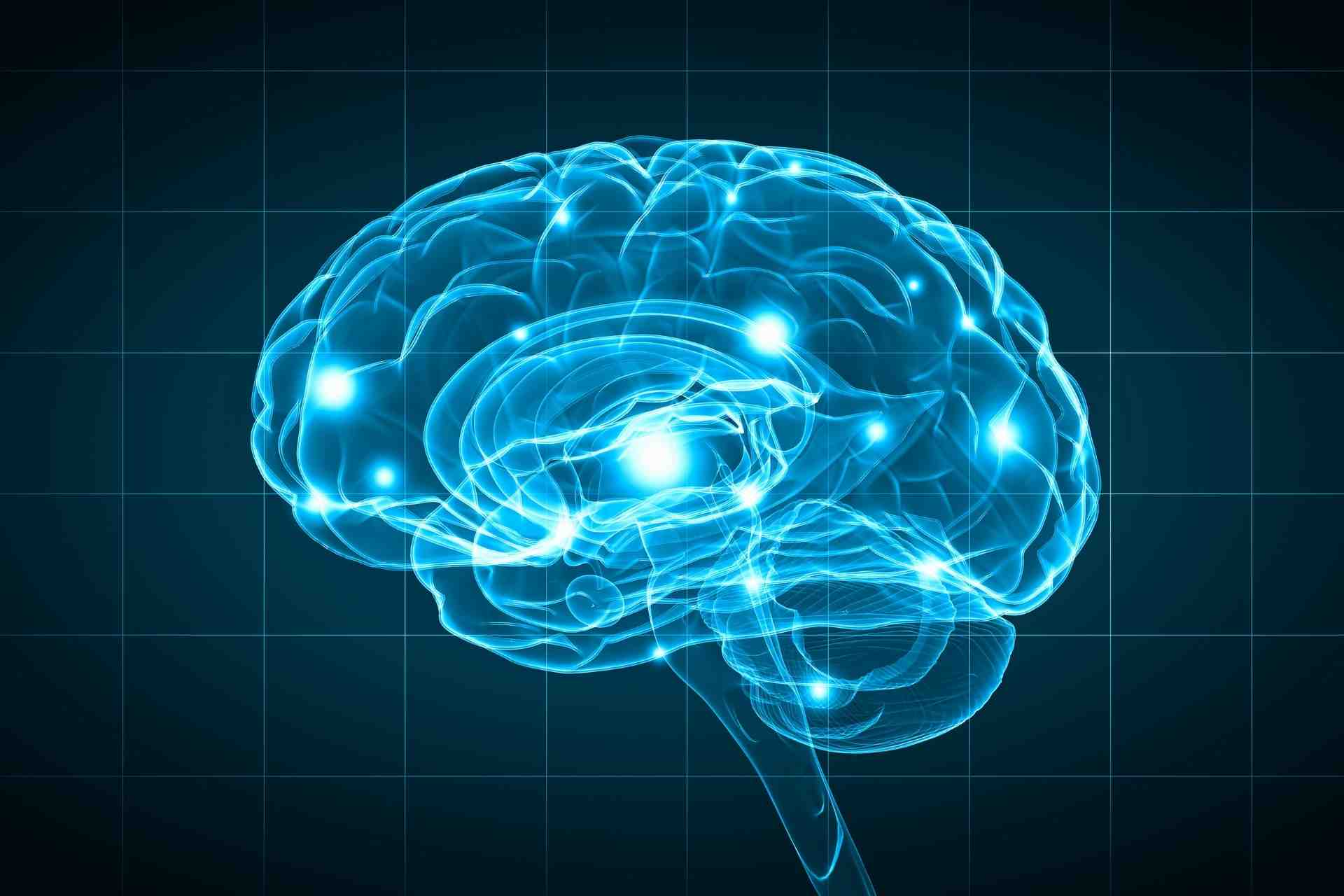What is already known on this topic
Microbial metabolites are found in the bloodstream and can influence processes such as immunity and metabolism. Compounds released by gut bacteria can even modulate mood and behavior, but whether brain cells directly sense gut bacteria and whether bacteria regulate neuronal function remains unclear.
What this research adds
Working in mice, researchers have found that neurons in the hypothalamus — a brain region that regulates the body’s response to hunger and stress — are able to detect bacterial molecules and adapt appetite and body temperature accordingly. This detection happens through Nod2, a receptor that helps the immune system recognize fragments of the bacterial cell wall called muropeptides. Mice lacking Nod2 in inhibitory neurons showed altered temperature regulation and feeding behavior.
Conclusions
The study suggests that the brain senses changes in gut bacteria as a measure of food intake to regulate hunger and body temperature — a finding that could lead to new treatments for metabolic disorders such as diabetes and obesity.
Scientists have known that microbial metabolites released into the bloodstream can influence a number of biological processes, including immunity and metabolism. New research now suggests that the brain senses changes in gut bacteria as a measure of food intake to regulate hunger and body temperature.
The findings, published in Science, may lead to new treatments for metabolic disorders such as diabetes and obesity.
Some intestinal bacteria produce a variety of substances that can modulate the host’s mood and behavior. For example, molecules called muropeptides, which are fragments of the major component of the bacterial cell’s wall, are released when bacteria grow or die. These molecules have been found in the brains of mice, and they have been shown to influence neuronal activity in fruit flies.
In mammals, muropeptides are recognized by specific receptors, including one called Nod2, which is typically located inside immune cells and may be involved in various metabolic and neurologic disorders. However, whether brain cells directly sense gut bacteria and whether bacteria regulate neuronal function remains unclear.
To address this question, researchers led by Ilana Gabanyi, Gérard Eberl and Pierre-Marie Lledo at the Institut Pasteur analyzed the role of muropeptides in mice.
Gut-brain crosstalk
The researchers found that Nod2 is expressed by neurons in different regions of the mouse brain, in particular in inhibitory neurons in the hypothalamus — a brain region that regulates the body’s response to hunger and stress. The team also observed microbiota-derived muropeptides in the mice’s brains. Once inhibitory neurons came into contact with bacterial muropeptides from the gut, their activity was suppressed, the researchers found.
Mice lacking Nod2 in inhibitory neurons showed altered temperature regulation and feeding behavior. These mice tended to gain weight more rapidly and were more susceptible to developing type 2 diabetes than control mice, the researchers found.
“It is extraordinary to discover that bacterial fragments act directly on a brain center as strategic as the hypothalamus, which is known to manage vital functions such as body temperature, reproduction, hunger and thirst,” Lledo says.
Sensing bacterial growth
Because muropeptides in the gut, blood and brain are considered to be markers of bacterial growth, the findings suggest that hypothalamic neurons use these microbial molecules as a measure of food intake or of imbalances in the gut microbiota, the researchers say.
“Excessive intake of a specific food may stimulate the disproportionate growth of certain bacteria or pathogens, thus jeopardizing intestinal balance,” Eberl says. Alterations of the gut microbiota composition have been associated with several diseases in humans.
The authors note that understanding how muropeptides influence hypothalamic neurons may help to uncover the link between certain brain conditions and genetic variants of Nod2. In humans, such variants have been linked to bipolar disorder, schizophrenia, and Parkinson’s disease.











